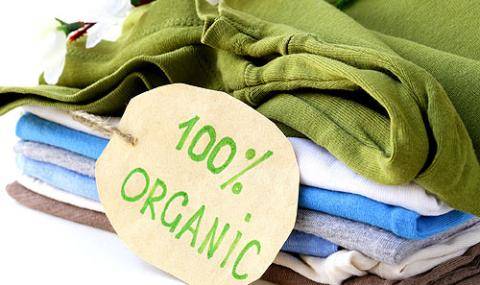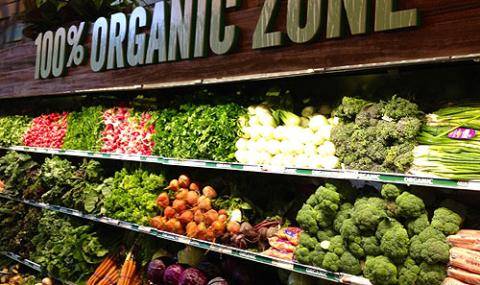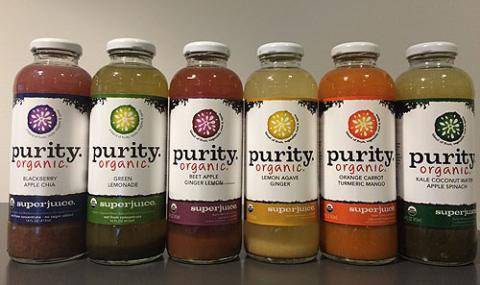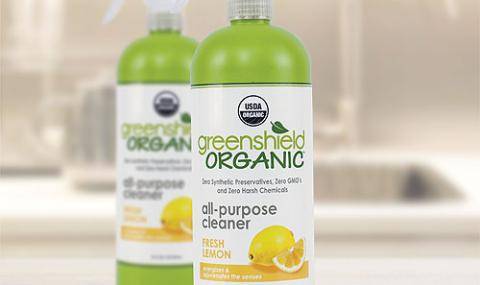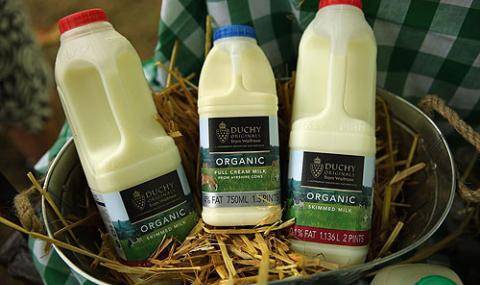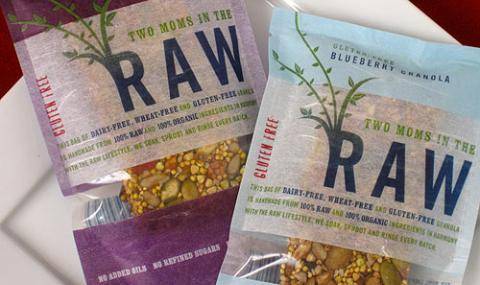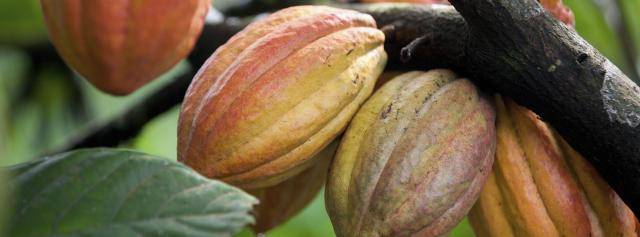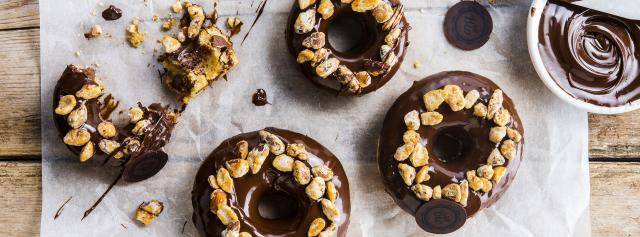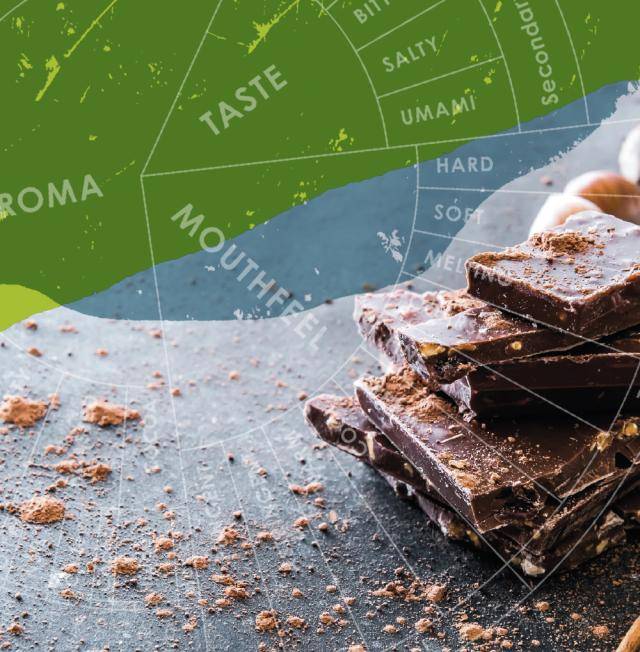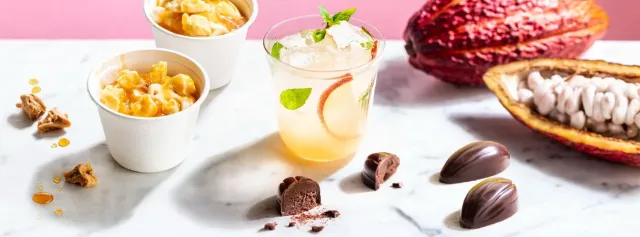Over 20% of consumers are very interested in buying organic chocolate

Organic is here to stay!
The availability of organic chocolate product increased greatly over the past five years, as both chocolatiers and chocolate manufacturers have continued to grow their range.
Organic drives clean label & health cues
According to consumer data, consumers associate "organic" first and foremost with a "clean label" (68%).
Other associations include:
products found in the fresh food section, (61%)
those made with familiar sounding ingredients (58%)
and those made “with ingredients coming from plants or animals (51%).
The perception that organic products are healthier motivates consumers to purchase more organic products. Especially among the younger consumers, whose desires for healthy food options and concerns about the potential effects of pesticides, hormones, GMO’s and antibiotics, along with the desire to avoid highly-processed food and artificial ingredients are top reasons to buy organic.
43% of Western european consumers say organic is natural en therefore more healthy.
Consumers have a growing interest in organic products, especially when it comes to products for children. Although baby food often carries an organic label, these labels are not used frequently on children's food and drinks.
There is an untapped opportunity in organic kids food.

31% of consumers in Europe say organic and all-natural claims in baby food are important.
More than half of new parents are concerned by the ingredients in prepared foods for babies.
Organic is attracting certain consumers
Organic users have a very active lifestyle. They are a part of an engaged and influential consumer group. Young consumers are most likely to buy into claims like ‘organic’. Millennials are looking for new experiences for a healthier lifestyle and cleaner living. This is driven by their enthusiasm to improve their eating habits. The increasing media coverage on food trends and healthy eating - including bloggers on social media such as Instagram - encourages people to follow a certain lifestyle.
Today’s Millennial = Tomorrow’s organic parent.
Today only 25% of Millennials are parents, this will increase to 80% in the next 10-15 years, which can be transformative for the ‘organic’ market. Over the next 10 years, we will see a surge in new ‘organic’ eaters and consumers - the Millennial parents of tomorrow and their children. The organic trends that are already impacting them today will reach a tipping point in the future.
Millennials (aged 25-34) and Gen Zs (aged 16-24) in France, Germany, Italy, Spain, and Poland, are the most likely to buy organic food and drink. They are also willing to pay more for these products.

